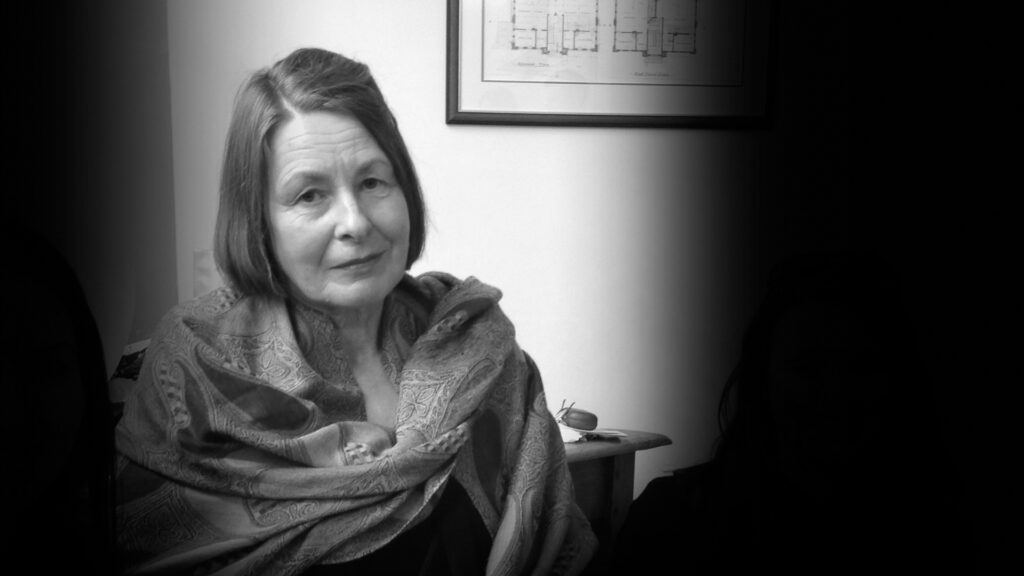Laws to protect public interest journalism must be strengthened
A long awaited report from a Parliamentary committee has recognised the need for significant legal changes to protect public interest journalism, however the recommendations don’t go far enough to ensure journalists are not sent to prison for doing their job.
The Parliamentary Joint Committee on Intelligence and Security was tasked with conducting an inquiry into law enforcement and intelligence powers and their impact on press freedom after the June 2019 raids on ABC offices and home of Newscorp journalist Annika Smethhurst.
Daniel Webb, Legal Director at the Human Rights Law Centre said that the inquiry had produced some welcome findings – in particular the recommendations for greater public reporting of warrants granted to access journalists’ data and for improvements to freedom of information processes and the classification by agencies of material as “secret”.
However, the inquiry deferred or failed to recommend the crucial legal changes needed to better protect press freedom and whistleblowing in Australia.
“No journalist should face prosecution for doing their job and no whistleblower should face prison for doing the right thing,” said Mr Webb.
“There’s currently a whole category of overbroad and poorly defined espionage offences which need to be overhauled so they don’t continue to criminalise public interest reporting and legitimate criticism. There also needs to be much stronger legal avenues for serious overreach and misconduct within intelligence agencies to be made public,” said Mr Webb.
“Several of the Committee’s recommendations around greater transparency and oversight are helpful and should be implemented, but they only scratch the surface. Without further changes to espionage and disclosure laws, whistleblowers and journalists still face the risk of prison for doing the right thing,” said Mr Webb.
Media contact:
Michelle Bennett, Communications Director, Human Rights Law Centre, 0419 100 519

Legal challenge filed against Tasmanian Parole Board’s decision to gag free speech
The Human Rights Law Centre has filed legal proceedings on behalf of Tasmanian grandmother, Susan Neill-Fraser, to challenge a restrictive parole condition placed on her by the Tasmanian Parole Board seeking to limit her ability to speak to the media.
Read more
University of Melbourne urged to drop repressive anti-protest and surveillance policies
The University of Melbourne is being urged to abandon policy changes that restrict staff and students’ right to protest and permit the widespread surveillance of people using their wifi network.
Read more
Expanded protections for marginalised groups welcomed in Allan Government’s anti-vilification laws
The Human Rights Law Centre welcomes the additional protections for marginalised groups in anti-vilification laws passed today by the Allan Government. These laws expand protections from vilification to include people from LGBTIQA+ and disability communities, and provide communities with important civil law avenues to address vilification.
Read more


